The thyroid gland is a small organ that’s located in the front of the neck, wrapped around the windpipe (trachea). It’s shaped like a butterfly, smaller in the middle with two wide wings that extend around the side of your throat. The thyroid is a gland. You have glands throughout your body, where they create and release substances that help your body do a specific thing. Your thyroid makes hormones that help control many vital functions of your body. (1)
What does the thyroid do?
Your thyroid has an important job to do within your body — releasing and controlling thyroid hormones that control metabolism. Metabolism is a process where the food you take into your body is transformed into energy. This energy is used throughout your entire body to keep many of your body’s systems working correctly. Think of your metabolism as a generator. It takes in raw energy and uses it to power something bigger. (1)
The thyroid controls your metabolism with a few specific hormones — T4 (thyroxine, which contains four iodine atoms) and T3 (triiodothyronine, which contains three iodide atoms). These two hormones are created by the thyroid and they tell the body’s cells how much energy to use. When your thyroid works properly, it will maintain the right amount of hormones to keep your metabolism working at the right rate. As the hormones are used, the thyroid creates replacements. (1)
This is all supervised by something called the pituitary gland. Located in the center of the skull, below your brain, the pituitary gland monitors and controls the amount of thyroid hormones in your bloodstream. When the pituitary gland senses a lack of thyroid hormones or a high level of hormones in your body, it will adjust the amounts with its hormone. This hormone is called thyroid-stimulating hormone (TSH). The TSH will be sent to the thyroid and it will tell the thyroid what needs to be done to get the body back to normal.
Thyroid disease is a general term for a medical condition that keeps your thyroid from making the right amount of hormones. Your thyroid typically makes hormones that keep your body functioning normally. When the thyroid makes too much thyroid hormone, your body uses energy too quickly. This is called hyperthyroidism. Using energy too quickly will do more than make you tired — it can make your heart beat faster, cause you to lose weight without trying, and even make you feel nervous. On the flip side of this, your thyroid can make too little thyroid hormone. This is called hypothyroidism. When you have too little thyroid hormone in your body, it can make you feel tired, you might gain weight and you may even be unable to tolerate cold temperatures.
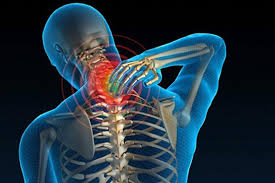
Hyperthyroidism (overactive thyroid)
Symptoms
Hyperthyroidism sometimes looks like other health problems. That can make it hard to diagnose. It can cause many symptoms, including:(2,3)
- Losing weight without trying.
- Fast heartbeat, a condition called tachycardia.
- Irregular heartbeat, also called arrhythmia.
- Pounding of the heart, sometimes called heart palpitations.
- Increased hunger.
- Nervousness, anxiety, and irritability.
- Tremor, usually a small trembling in the hands and fingers.
- Sweating.
- Changes in menstrual cycles.
- Increased sensitivity to heat.
- Changes in bowel patterns, especially more-frequent bowel movements.
- Enlarged thyroid gland, sometimes called a goiter, which may appear as a swelling at the base of the neck.
- Tiredness.
- Muscle weakness.
- Sleep problems.
- Warm, moist skin.
- Thinning skin.
- Fine, brittle hair.
Causes
Many diseases and conditions can cause hyperthyroidism, including:(4)
- Graves’ disease (the most common cause of hyperthyroidism)
- Inflammation (thyroiditis) of the thyroid due to viral infections, some medicines, or after pregnancy (common)
- Taking too much thyroid hormone (common)
- Noncancerous growths of the thyroid gland or pituitary gland (rare)
- Some tumors of the testes or ovaries (rare)
- Getting medical imaging tests with contrast dye that has iodine (rare, and only if there is a problem with the thyroid)
- Eating too many foods that contain iodine (very rare, and only if there is a problem with the thyroid)
Exams and Tests
The healthcare provider will do a physical exam. The exam may find the following:(5)
- High systolic blood pressure (the first number in a blood pressure reading)
- Increased heart rate
- Enlarged thyroid gland
- Shaking of the hands
- Swelling or inflammation around the eyes
- Very strong reflexes
- Skin, hair, and nail changes
Blood tests are also ordered to measure your thyroid hormones TSH, T3, and T4.
You may also have blood tests to check:
- Cholesterol levels
- Glucose
- Specialized thyroid tests like Thyroid receptor antibody (TRAb) or Thyroid Stimulating Immunoglobulin (TSI)
Imaging tests of the thyroid may also be needed, including:
- Radioactive iodine uptake and scan
- Thyroid ultrasound (rarely)
Risk factors
The main risk factors for hyperthyroidism are:(6)
- Sex. Females are much more likely to have hyperthyroidism than males. Experts believe this may have to do with hormones.
- Pregnancy. Pregnancy can stimulate hyperthyroidism in some people, which can cause complications for both the parent and fetus.
- Age. You’re considered at higher risk for hyperthyroidism as an older adult, especially after age 60.
- Genetics. A family history of hyperthyroidism usually indicates an increased likelihood of developing the condition.
- Iodine exposure. You may get too much iodine from certain medications or foods.
- Having another health condition. People with type 1 diabetes, primary adrenal insufficiency, or pernicious anemia are considered more at risk.
Lifestyle is an important part of lowering your risk factors for hyperthyroidism. This includes eating a balanced diet, taking nutritional supplements if necessary, and getting adequate physical activity during the week. Work with your doctor to create a plan with individualized goals.
How to treat hyperthyroidism
Medication(6,7)
Anti-thyroid medications prevent the thyroid from making hormones. The most common anti-thyroid medications are a class called thionamides, which includes the drugs methimazole (MMI) and propylthiouracil (PTU).
Thionamides have been used to treat hyperthyroidism for decades, and are considered safe for both children and adults, including pregnant people. Anti-thyroid medications can have uncomfortable side effects such as joint pain, hair loss, and rash. In rare cases, they can cause liver damage.
Make sure to tell your doctor if you’re pregnant or plan on becoming so and if you take other medications. Always take medication as directed by your doctor.
Radioactive iodine
Radioactive iodine (RAI), also just called radioiodine, effectively destroys the cells that produce thyroid hormones without damaging other bodily tissues. It is usually taken as an oral tablet or liquid.
Most people who receive radioiodine treatment for hyperthyroidism develop the opposite condition, hypothyroidism. However, this is easier to treat, and you’ll take a daily thyroid hormone supplement. RAI is also used in higher doses to treat thyroid cancer.
In rare cases, at sustained higher doses, RAI is associated with an increased risk of certain cancers. This is not true in lower doses used to treat hyperthyroidism.
Side effects can occur with RAI treatment, especially at higher doses. These include neck pain, nausea, and dry mouth. RAI treatment at high doses can also impact fertility.
Surgery
During a thyroidectomy, all or part of your thyroid gland is removed. This surgery may be recommended for certain people with hyperthyroidism, but it’s evaluated on an individual basis. Surgery may be used for patients that don’t respond to other treatment options or can’t partake in them.
Thyroid gland removal is also used to treat types of thyroiditis, thyrotoxicosis, and thyroid cancer.
If your thyroid gland is fully removed, you will need to take thyroid hormone supplements for the rest of your life. The drug levothyroxine is a synthetic version of the thyroid’s T4 hormone and is usually prescribed in pill form. Taking this drug prevents hypothyroidism, an under-active thyroid that secretes too little hormone.
As with all surgeries, thyroid removal comes with risks and complications. The surgery is usually done by an endocrine surgeon, otolaryngologist, or general surgeon.
Hyperthyroidism diet
Foods to eat if you have hyperthyroidism(8)
- Low-iodine foodsThe mineral iodine plays a key role in making thyroid hormones. A low-iodine diet helps to reduce thyroid hormones. Add these foods to your daily diet:(8)
- non-iodized salt
- coffee or tea (without milk or dairy- or soy-based creamers)
- egg whites
- fresh or canned fruit
- unsalted nuts and nut butter
- homemade bread or bread made without salt, dairy, and eggs
- popcorn with non-iodized salt
- oats
- potatoes
- honey
- maple syrup
Cruciferous vegetables
Cruciferous vegetables and other types may stop your thyroid from using iodine properly. They may be beneficial for hyperthyroidism:(8)
- bamboo shoots
- bok choy
- broccoli
- Brussels sprouts
- cassava
- cauliflower
- collard greens
- kale
- mustard
- rutabaga
Vitamins and minerals
Several nutrients are essential for thyroid health and to balance thyroid hormone production.
Iron
Iron is important for many vital bodily functions, including thyroid health. This mineral is needed for blood cells to carry oxygen to every cell in your body. (9)
Low levels of iron are linked to hyperthyroidism. Get plenty of iron in your diet with foods such as:
- dried beans
- green leafy vegetables
- lentils
- nuts
- poultry, such as chicken and turkey
- red meat
- seeds
- whole grains
Selenium
Selenium-rich foods may help to balance thyroid hormone levels and protect your thyroid from disease. Selenium helps to prevent cell damage and keep your thyroid and other tissues healthy. (8)
Good food sources of selenium include:
- Brazil nuts
- couscous
- chia seeds
- mushrooms
- tea
- meat, such as beef and lamb
- rice
- oat bran
- poultry, such as chicken and turkey
- sunflower seeds
Zinc
Zinc helps you use food for energy. This mineral also helps keep your immune system and thyroid health. Food sources of zinc include:(8)
- beef
- chickpeas
- cocoa powder
- cashews
- mushrooms
- pumpkin seeds
- Lamb
Makkah Pharmacy recommends:
Treatment(10)
Your doctor determines your breast cancer treatment options based on your type of breast cancer, its stage and grade, size, and whether the cancer cells are sensitive to hormones. Your doctor also considers your overall health and your own preferences.
Breast cancer surgery
- Removing the breast cancer (lumpectomy). During a lumpectomy, which may be referred to as breast-conserving surgery or wide local excision, the surgeon removes the tumor and a small margin of surrounding healthy tissue.
A lumpectomy may be recommended for removing smaller tumors. Some people with larger tumors may undergo chemotherapy before surgery to shrink a tumor and make it possible to remove it completely with a lumpectomy procedure.
- Removing the entire breast (mastectomy). A mastectomy is an operation to remove all of your breast tissue. Most mastectomy procedures remove all of the breast tissue — the lobules, ducts, fatty tissue, and some skin, including the nipple and areola (total or simple mastectomy).
Newer surgical techniques may be an option in selected cases to improve the appearance of the breast. Skin-sparing mastectomy and nipple-sparing mastectomy are increasingly common operations for breast cancer.
- Removing a limited number of lymph nodes (sentinel node biopsy). To determine whether cancer has spread to your lymph nodes, your surgeon will discuss with you the role of removing the lymph nodes that are the first to receive the lymph drainage from your tumor.
If no cancer is found in those lymph nodes, the chance of finding cancer in any of the remaining lymph nodes is small and no other nodes need to be removed.
-
- Removing several lymph nodes (axillary lymph node dissection). If cancer is found in the sentinel lymph nodes, your surgeon will discuss with you the role of removing additional lymph nodes in your armpit.
- Removing both breasts. Some women with cancer in one breast may choose to have their other (healthy) breast removed (contralateral prophylactic mastectomy) if they have a very increased risk of cancer in the other breast because of a genetic predisposition or strong family history.
- Radiation therapy
- Chemotherapy
- Hormone therapy
- Immunotherapy
Most women with breast cancer in one breast will never develop cancer in the other breast. Discuss your breast cancer risk with your doctor, along with the benefits and risks of this procedure.
References
- Thyroid Disease: Causes, Symptoms, Risk Factors, Testing & Treatment [Internet]. [cited 2023 Jan 21]. Available from: https://my.clevelandclinic.org/health/diseases/8541-thyroid-disease
- Davies TF, Schwartz AE. Hyperthyroidism. Endocrine Surgery [Internet]. 2003 Jan 1 [cited 2023 Jan 21];101–14. Available from: https://www.mayoclinic.org/diseases-conditions/hyperthyroidism/symptoms-causes/syc-20373659
- Hyperthyroidism – Symptoms and causes – Mayo Clinic [Internet]. [cited 2023 Jan 21]. Available from: https://www.mayoclinic.org/diseases-conditions/hyperthyroidism/symptoms-causes/syc-20373659
- Ross DS, Burch HB, Cooper DS, Greenlee MC, Laurberg P, Maia AL, et al. 2016 American Thyroid Association Guidelines for Diagnosis and Management of Hyperthyroidism and Other Causes of Thyrotoxicosis. Thyroid. 2016 Oct 1;26(10):1343–421.
- Hyperthyroidism (Overactive Thyroid) – Symptoms and Causes [Internet]. [cited 2023 Jan 21]. Available from: https://www.pennmedicine.org/for-patients-and-visitors/patient-information/conditions-treated-a-to-z/hyperthyroidism-overactive-thyroid
- Hyperthyroidism: Causes, Symptoms, Treatment, Diagnosis & More [Internet]. [cited 2023 Jan 21]. Available from: https://www.healthline.com/health/hyperthyroidism#risk-factors
- Overactive thyroid (hyperthyroidism) – Treatment – NHS [Internet]. [cited 2023 Jan 21]. Available from: https://www.nhs.uk/conditions/overactive-thyroid-hyperthyroidism/treatment/
- Hyperthyroidism Diet Plan: Foods to Eat and Foods to Avoid [Internet]. [cited 2023 Jan 21]. Available from: https://www.healthline.com/health/hyperthyroidism-diet#foods-to-eat
- Wang YP, Lin HP, Chen HM, Kuo YS, Lang MJ, Sun A. Hemoglobin, iron, and vitamin B12 deficiencies and high blood homocysteine levels in patients with anti-thyroid autoantibodies. Journal of the Formosan Medical Association. 2014;113(3):155–60.
- Hypothyroidism (underactive thyroid) – Symptoms and causes – Mayo Clinic [Internet]. [cited 2023 Jan 21]. Available from: https://www.mayoclinic.org/diseases-conditions/hypothyroidism/symptoms-causes/syc-20350284
- Hypothyroidism (Underactive Thyroid): Symptoms, Causes, Tests, Treatments [Internet]. [cited 2023 Jan 21]. Available from: https://www.webmd.com/women/hypothyroidism-underactive-thyroid-symptoms-causes-treatments
- Underactive thyroid (hypothyroidism) – Diagnosis – NHS [Internet]. [cited 2023 Jan 21]. Available from: https://www.nhs.uk/conditions/underactive-thyroid-hypothyroidism/diagnosis/
- Hypothyroidism: Causes and Risk Factors [Internet]. [cited 2023 Jan 21]. Available from: https://www.verywellhealth.com/hypothyroidism-causes-risk-factors-3231721
- Hypothyroidism (Underactive Thyroid): Symptoms, Causes, Treatment [Internet]. [cited 2023 Jan 21]. Available from: https://www.healthline.com/health/hypothyroidism/symptoms-treatments-more#medication
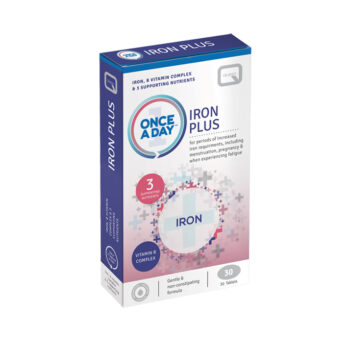
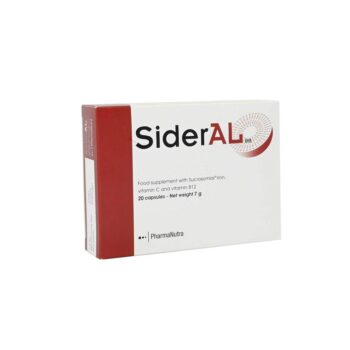


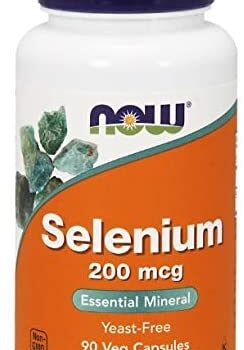

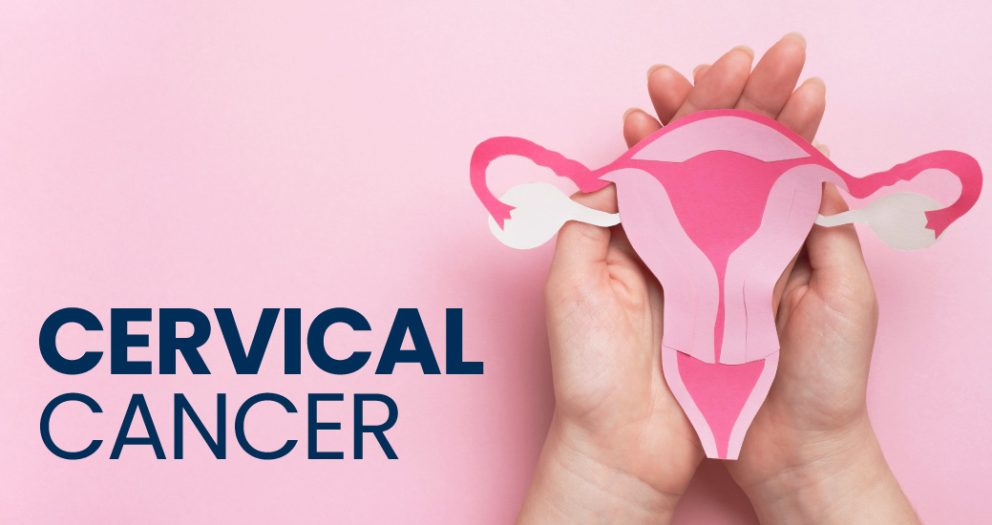
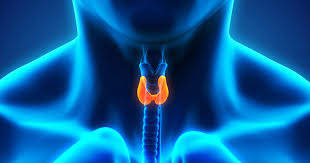

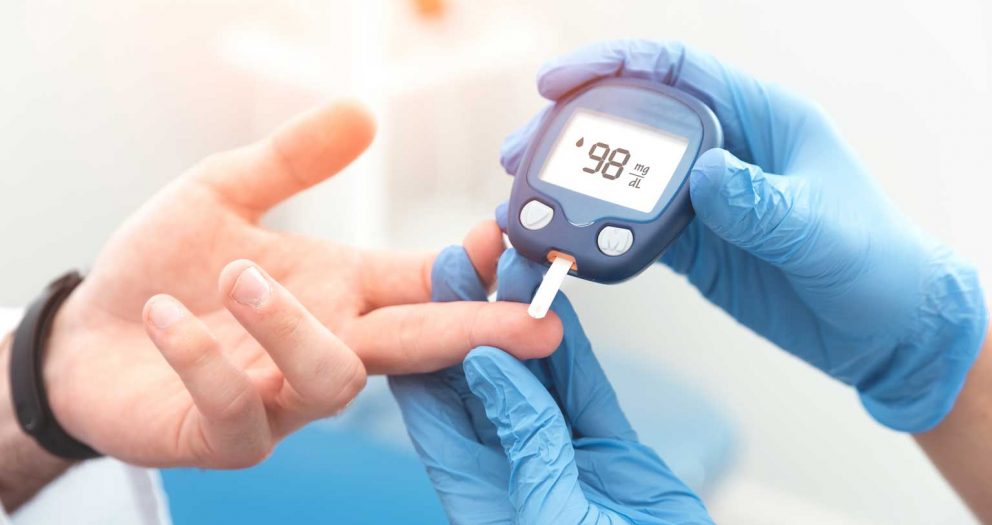
Write a comment
Your email address will not be published. All fields are required